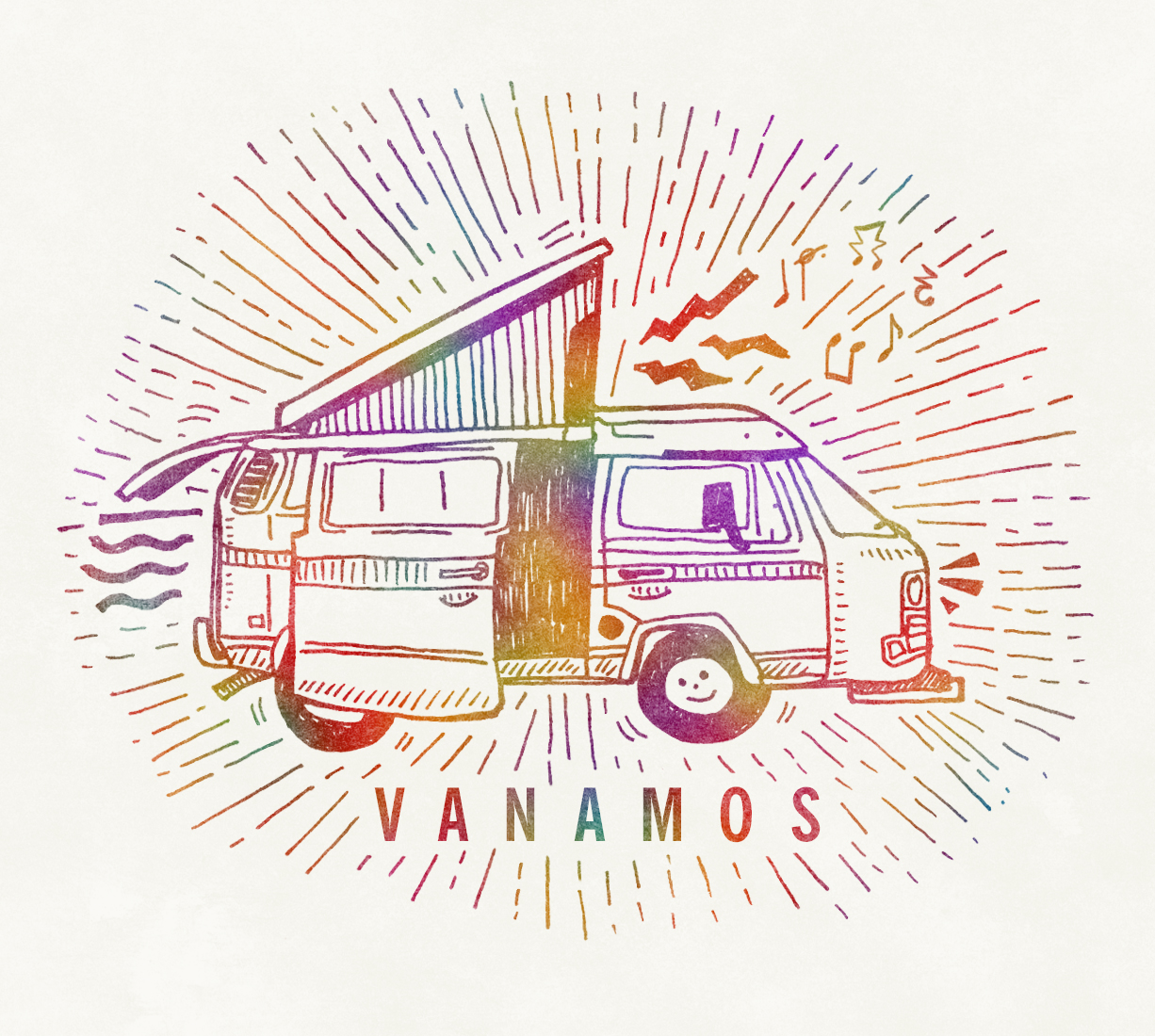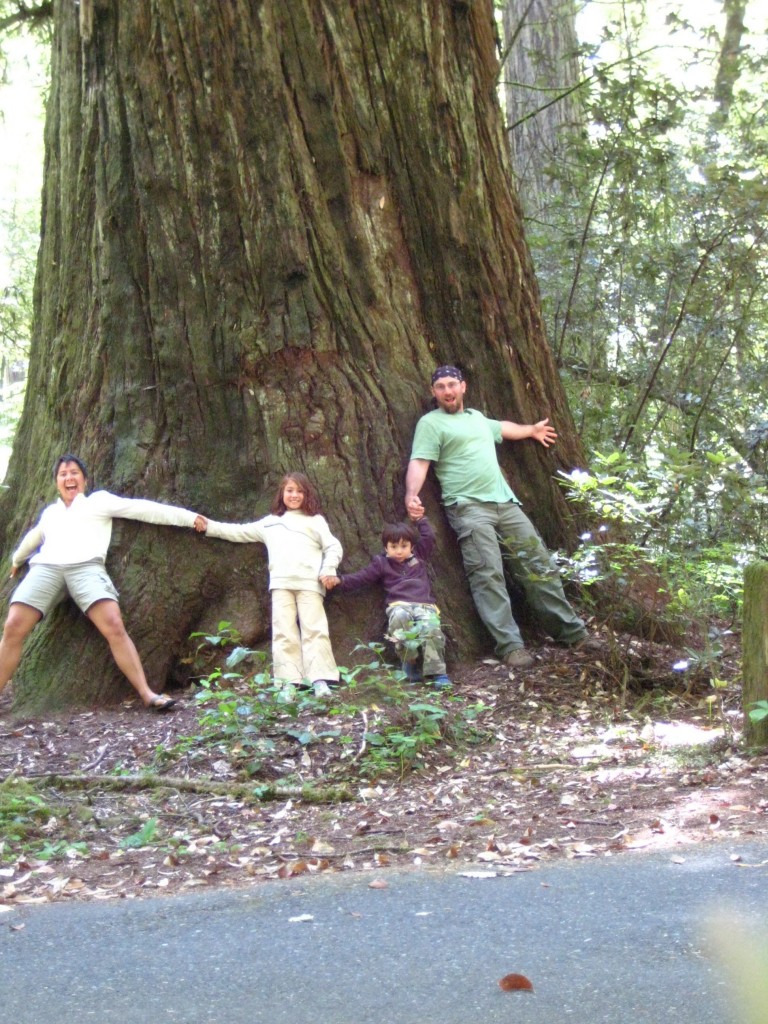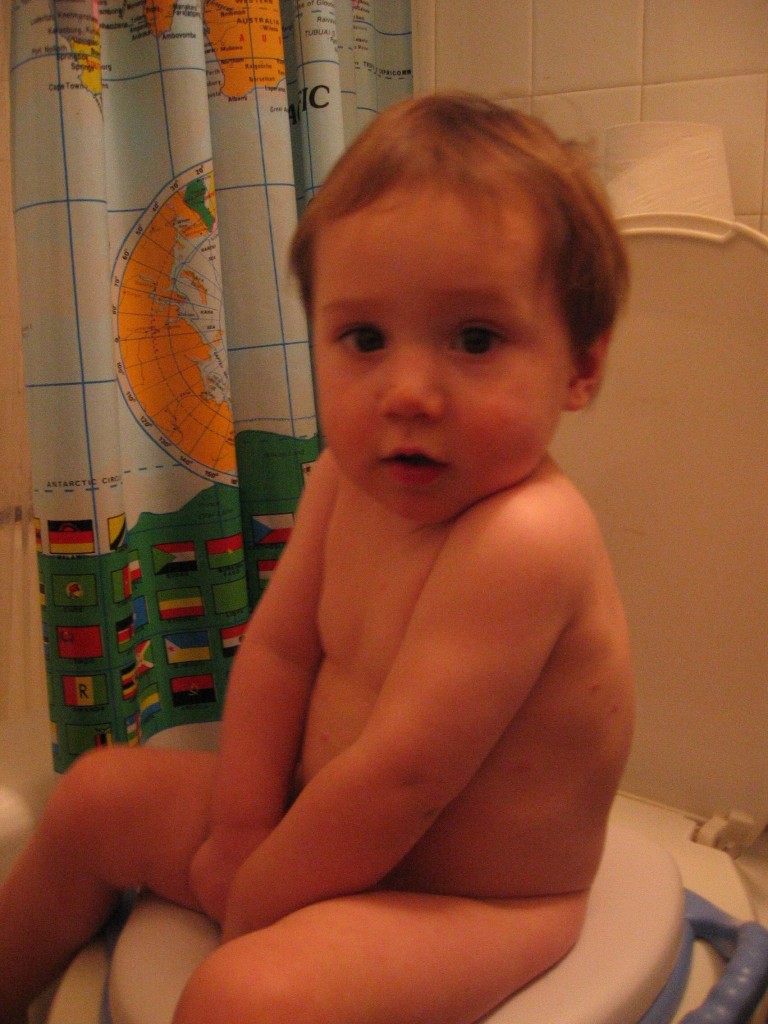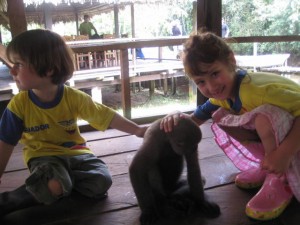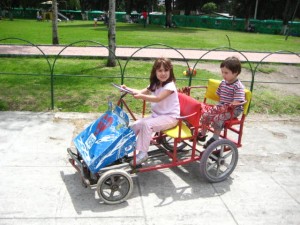One of the questions that my wife R and I get asked when we tell people that we are going on a year-long overland trip to South America is “what about work?” I translate this to mean, “Are you out of your mind, man? You’re going to throw away your career, pull your kids out of school and away from their friends to drive them to where? Do you read the papers? This is not safe or responsible. And you are going to pay for this how? Good effin’ luck.” I suppose I should be grateful that these people consider me well groomed and rational enough to be employable in the first place. But the answer that weighs on my mind is that neither R nor I will be working for the year, which means that unless we hit the lottery, we will have no income for the year. Note, our budget for the year does not include money to buy lottery tickets.
While having no income will be slightly less than we earned when I was a government employee and R ran her own immigration law practice, we are counting on it being okay. We have been planning this trip since 2008. Along with the money we’ve put aside from each paycheck for the kids’ college, our retirement, and my beer, we’ve also saved more than a couple of dollars for this trip.
Yet despite all this saving, we’ve still been able to do just exactly what we’ve wanted – be it the spring break vacation to Hawaii or Iceland, tickets to the ballgame or the theater, or just going out for dinner and a movie.
How? It comes down to one simple principle that has played big in every major life decision I have ever made – dumb luck. Although R and I never talked about money and bank accounts when we were dating, choosing instead to focus on more practical things like whether our hacienda should have one or two turrets and what kind of chickens we would keep, it turned out we have the same philosophy when it comes to spending money – we’re cheap as hell. We hang our clothes rather than putting them in the dryer. We don’t have cable, Netflix, or a Starbucks habit. We turn out the lights when we leave the room, cut coupons and use them, and brown bag our lunches. Target is our Nordstrom and the thrift store is our Target. Our children, Coconut and Rooster, wear handed-down hand-me downs. I didn’t think anyone could be cheaper than my dad until I met my in-laws. And the bargain-hunting, coupon-cutting childhood we were raised in is being passed down to our children. My daughter Coconut checks music CDs out of the library rather than buying them on Amazon.
Now, none of this is to say we don’t appreciate quality. Chinese products have a very, very bad reputation in our house and we’ll spend a few extra bucks to get a better product that will not fall apart in the middle of its first use. But we recognize the difference between what we want compared to what we need, and we’ll shop around for hours using our neighbor's Wi-Fi to find the best price and use the time to talk ourselves out of buying the things that we think we want. I suppose this impulse control can be achieved through some form of practiced self-flagellation, but it’s how we’re wired.
When R and I were just starting out in the careers that we are getting ready to flush down the toilet, she decided it would be a good idea if we bought a house rather than continue to rent the perfectly situated and spacious apartment that we both loved. Some fool bank loan officer who is now probably employed cleaning bathrooms at the airport offered us a pile of money that, although we aren’t very good with numbers, R and I were sure we would never be able to pay back. We ended up across the tracks and with a mortgage that we can pay with the loose change our guests leave in the couch cushions. Despite the fact that it has little natural light, seems to grow smaller each year as our children grow bigger, and has free range rats in the alley rather than chickens, R calls it her dream house. At some point we realized that the dream is not the house that we owned or the stuff that we had, but the life that we lived. Our priority in living, and what we are trying to instill in Coconut and Rooster, is that doing things is cooler than having things. Choosing to buy this house rather than one in the fancy part of town is emblematic of all the other choices we’ve made either by stumbling into them or through thoughtful process and which have allowed us the financial freedom to create experiences, and to save the money that we are about to use to live the dream that we both knew we always wanted to live.
